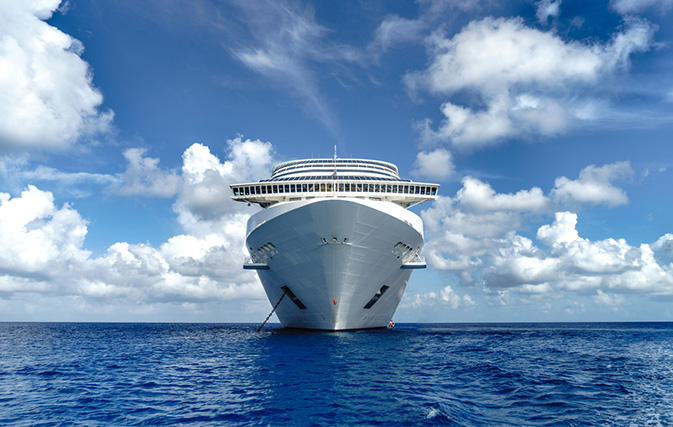TORONTO — With the latest wave of cruise lines delaying their individual resumption dates in response to the CDC’s newly extended No Sail Order, CLIA is now working towards a unified policy approach that would apply to all of its member lines.
During a Virtual Media Roundtable this morning, July 21, CLIA Global Chair Adam Goldstein said that he is hopeful that in the coming weeks and months, “one or two” policies related to the COVID-19 pandemic will be included going forward in CLIA’s Compendium of Policies, which is a condition of membership that must be signed annually by all member CEOs. What this would achieve is a unified mandate that will be truly global in nature, that would help further streamline policies regarding safety, security and public health.
“We have tried to work with member cruise lines and be as supportive as we possibly can. In some cases, members are very keen for CLIA to take the lead while in other cases individual lines have felt compelled to take the lead themselves,” he said. “Our goal remains to emerge from this with a unified approach policy-wide, across the association, that all member lines will sign up for.”
Though Goldstein was unable to confirm when these new policies will be implemented, he did say that recent developments in Europe and ongoing discussions with the CDC are giving the cruise industry some much-needed hope during this challenging time.
In recent days, Germany has given the green light to resume limited cruising, mainly for non-stop voyages leaving/returning Germany and only for German passengers. Though this is incredibly restricted compared to pre-pandemic times, Goldstein described it as a “huge advancement over nothing happening at all.”
A similar development is being seen in Norway, where cruising is only now seeing some traction after months of lockdown due to the pandemic. Goldstein credits recent guidance from the EU’s Healthy Gateways, a joint action preparedness program, for spearheading the right conditions to restart operations in these two countries. Through multiple rounds of discussions with both Healthy Gateways and the European Maritime Safety Agency (EMSA), CLIA played a significant role in working towards these guidelines.
“We are optimistic that more countries in the near term will begin limited cruise operations,” said Goldstein. “Our expectation is that cruising will restart in a sequential manner as different countries and regions around the world get more comfortable.”
Talks with the U.S.-based CDC, however, have admittedly been less frequent, though Goldstein hopes discussions will ramp up with the latest extension of the No Sail Order. He noted that in commentary included in the order, the CDC indicated “a willingness for information exchange and the development of approaches” that go beyond what CLIA has seen from the regulator in recent months.
“What we have asked for and are optimistic will happen in the very near term are higher-level strategic conversations related to the fundamental principles of public health, as they will ultimately determine how to operate cruise ships in the COVID-19 environment,” he said. “What we need to do is seek and find the kind of engagement that will allow their expertise to join up with our expertise to develop the right conditions for restart. We’re making progress and we’re learning a lot every day.”
When asked whether he thinks the CDC’s blanket-approach to cruising has been unfair, Goldstein was quick to note that the cruise industry is subject to far more regulations than other travel sectors.
“We have tried to point out the real differences in how our sector is evaluated compared to other modes of travel and transportation,” he said. “Cruise ships live under a unique and different reporting regime because they are constantly criss-crossing international boundaries. So what people, including our regulator, believe about our environment is much greater than what they could possibly know about any of these other sister environments in the travel and tourism industry.
“Is it unfair? It’s not a question of fairness but one of preparation and execution. We need to keep our eye on the prize, lamenting on things is not going to get us there. Engagement, dialogue, preparation and execution are what’s going to get us there.”

